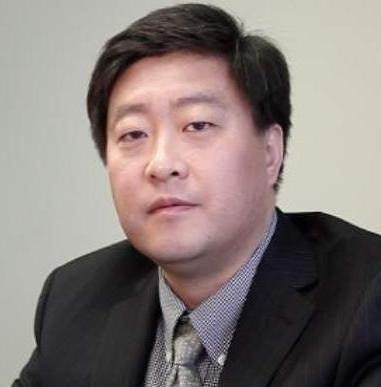To be Self-Employed, John Shen Left Shadowing Others

Without a clear strategy and a vision of what you want to do, your efforts to create something from nothing would be fruitless and inefficient. Before launching, most startups never take off without a good pilot project or litmus test. Different elements influence how entrepreneurs proceed with their business strategy. When taking risks of starting a business, people consider several factors, including their position in life, money, social status, personality type, relationships, family demands, and many other factors. There will always be an early startup phase where there are challenges for every newcomer while establishing a track record. However, it improves when people understand the industry's tactics and develop as businesspersons.
Entrepreneurs and their careers are full of innovation as they strive to succeed by choosing alternatives other than doing jobs. It requires a lot of risks and factors, but people who believe in themselves always find a way. John Shen, an entrepreneur, born on January 23, 1970, is the founder and Chairman of the Board of five firms based in Irvine, California. He is also the CEO of one of the firms, American Lending Center (ALC), a private nonbank lending company. John Shen grew up in China and earned his undergraduate degree from Peking University Law School in 1992. He came to the US in 1993 as an international student. Shen earned a master's degree in Statistics and Decision Sciences at Duke University in 1996.
In 1993, when John first landed in Los Angeles to meet his elder brother, who was teaching Chinese at Pomona College. He experienced cultural shock when he saw life in Los Angeles. However, at the end of his first year, the entrepreneur decided not to pursue a Ph.D. in sociology. He enrolled in Duke's master's degree program in statistics and decision sciences. In May 1996, he received his master's degree. Although he started his career as an entrepreneur, his first job was as a statistician.
John Shen as a Statistician
Despite his master's degree in statistics and decision sciences, Shen struggled to get his first job. Being a foreigner was a barrier since he needed to locate a firm ready to sponsor his application for a work (H-1B) visa. John was also disadvantaged compared to American nationals because he spoke English with a pronounced Chinese accent. In job interviews, he came across as quiet, restrained, and unassertive, reflecting his Chinese cultural upbringing. At the same time, the time restriction for John's F-1 student visa required him to find work within two months of graduation. He received a call from one of the firms where he interviewed.
John was offered a position at a consulting firm in Kalamazoo, Michigan, that conducts contract work for pharmaceutical and healthcare clients. He relocated to Kalamazoo to srart his first job. The firm later on sent John to Chicago to work on a couple of small projects. A year later, John switched jobs and relocated to Indianapolis for a long-term project. With a wealth of expertise in statistical analysis, John was approached by another organization to work for them and relocate to Philadelphia. By this time, he had married.
John spent five years with the organization, rising to a department head position. He decided to get into the real estate business in addition to his full-time job in Philadelphia. John passed the Florida real estate exam, earning a license. After joining the real estate industry, he brought his friends and family to Florida to purchase properties. At the time, this business rapidly grew in Florida.
Jobs are more dependable financial security alternatives to running a business, while entrepreneurship appeals to people willing to take risks. People make decisions about staying in their jobs or starting a business as an entrepreneur after evaluating the pros and cons of each alternative. John, an active entrepreneur, left his first job to be his own boss, and he succeeded because he set goals and acted according to them.
Subscribe to Latin Post!
Sign up for our free newsletter for the Latest coverage!
© 2026 Latin Post. All rights reserved. Do not reproduce without permission.













